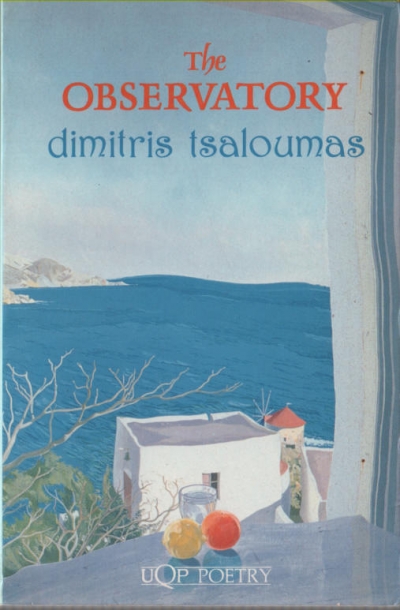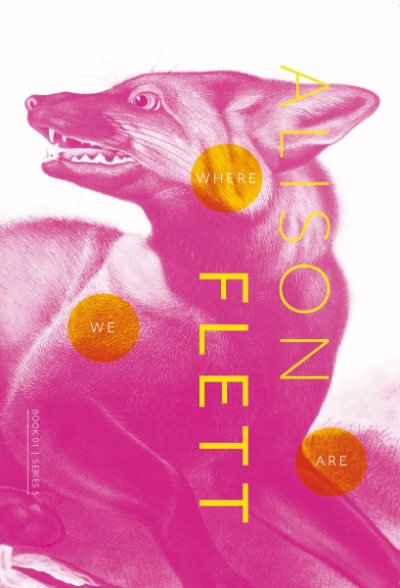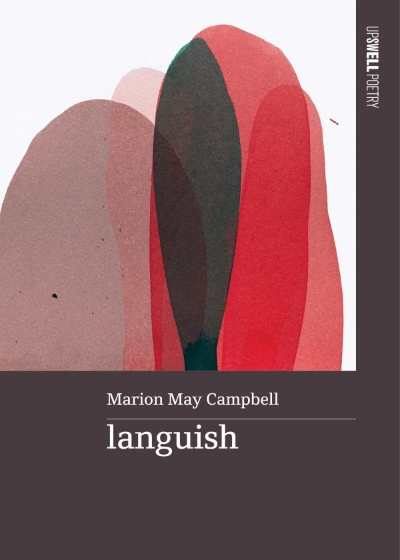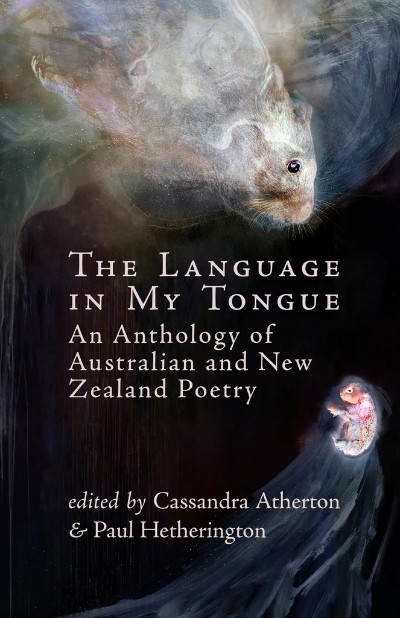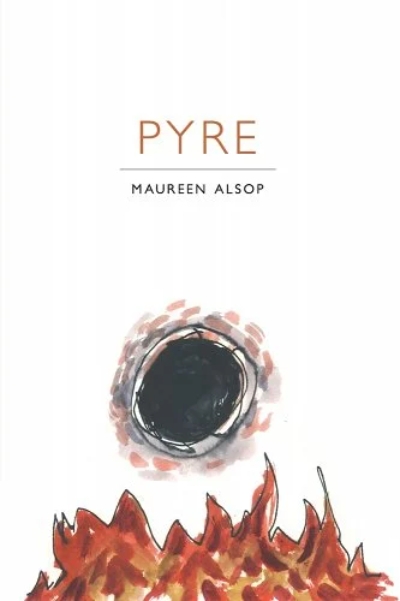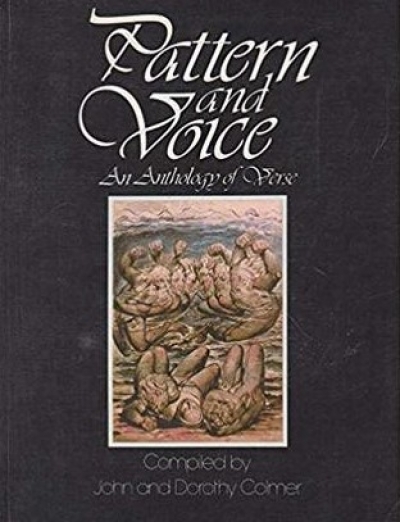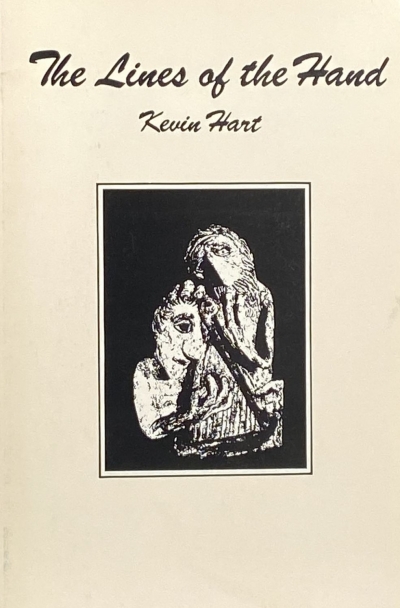Poetry
It is pleasing to see the following publishing advice in the report: ‘a book should contain a poet’s best work. It is better to have a good, small collection than a bigger one with weak pieces that are there because of theme or because the poet liked them too much’ (or, maybe, because someone once admired them). First-timers tend to be more careful about this than some poets who have made a name. I know that major poets, in tune with their audience’s level of acceptance, will sometimes rightly present lesser and better work together, to show the spectrum. That aside, there is a myth among poets that a short book doesn’t look good, as if bulk is the proof of something. Yet the buyers of poetry are sensitive to padding – a good book, whether lengthy or not, is as long as there are strong poems for it. Has it been forgotten that such a landmark book as Judith Wright’s The Moving Image (1946) comprised just thirty-one pages of poems?
... (read more)The Observatory: Selected poems by Dimitris Tsaloumas, translated by Philip Grundy
It is usually true to say that poetry is difficult and criticism easy. In the present case, I am not sure that this is quite so true. What can any critic sensibly say about the present batch of books which range from Bruce Dawe ‘s Collected Poems 1954–1978, Sometimes Gladness, to reprints of minor colonial verse and includes the gentle nature mysticism of John Anderson’s The Blue Gum Smokes a long Cigar, reverently illustrated by Ned Johnson and produced by Rigmarole of the Hours, and the ambitious regionalism of the two books of Hunter Valley Poets, IV and V, edited by Norman Talbot?
... (read more)languish by Marion May Campbell & And to Ecstasy by Marjon Mossammaparast
The Language in My Tongue: An anthology of Australian and New Zealand poetry edited by Cassandra Atherton and Paul Hetherington
The art of poetry is alive and well in New Zealand in the 1980s. In spite of the economic recession which has decimated literary journals and made the publication of poetry more than ever a dubious commercial proposition, in terms of both quality and quantity New Zealand poetry has probably never been stronger. There are a number of factors contributing to this situation. One is that, leaving aside isolated colonial precursors, poetry as a continuous history in New Zealand is a relatively recent affair going back only fifty or sixty years. Consequently, the stream has become broader and deeper with each passing decade, and yet the beginnings of the tradition are still (as it were) concurrent through the survival and continued activity of poets such as Allen Curnow, now in his seventies, who published his first book fifty years ago. There are in the 1980s poets active from every subsequent generation which has fed into the stream: poets from the 1940s (Louis Johnson, Kendrick Smithyman, Alistair Campbell), poets from the 1950s (Ruth Dallas, W.H. Oliver, C.K. Stead), poets from the 1960s (Vincent O’Sullivan, Hone Tuwhare. Michael Jackson), poets from the 1970s (Sam Hunt, Bill Manhire, Ian Wedde), and finally poets who have emerged within the last few years (Meg Campbell, Keri Hulme, Cilla McQueen), to mention only representative names.
... (read more)

